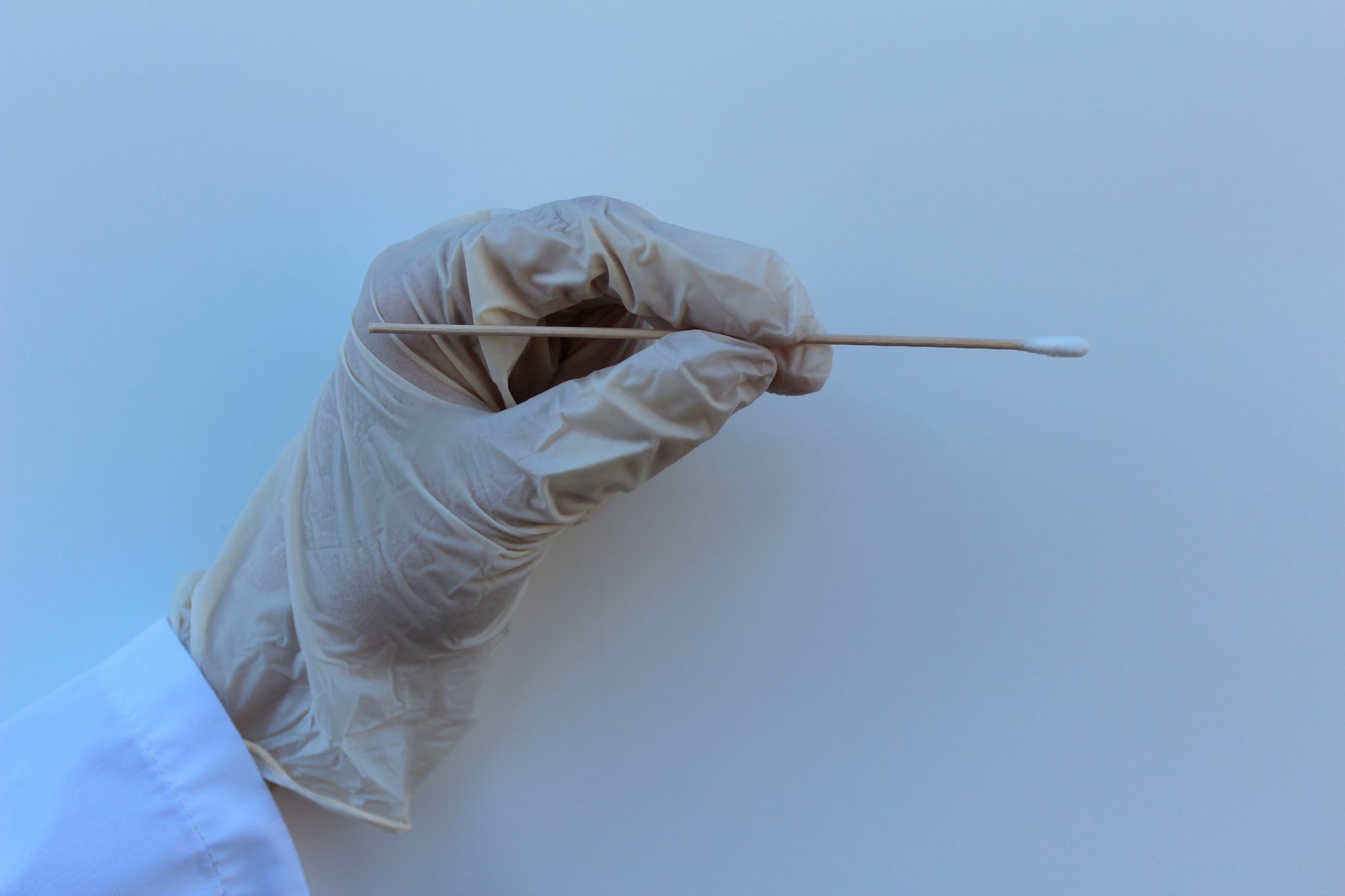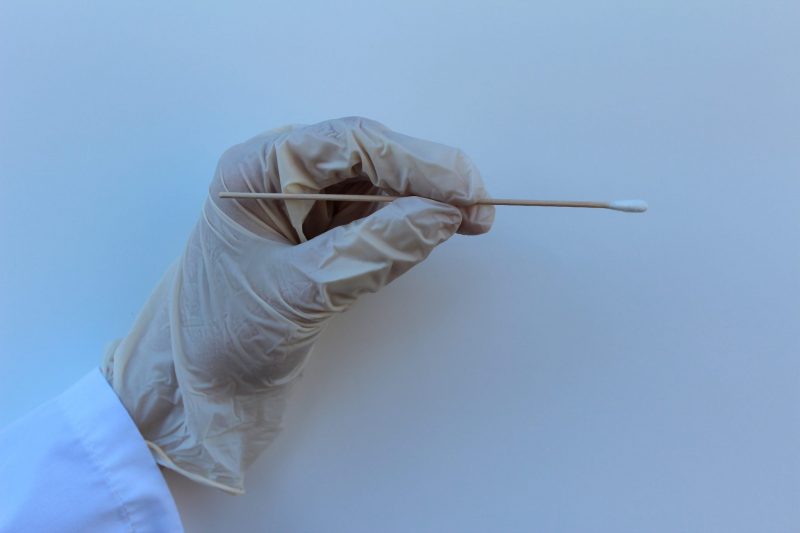Dos and don’ts of COVID testing


Ontario recorded 700 new cases of COVID-19 on Monday after 41,100 tests were processed, marking the highest single-day increase of daily infections in the province.
Testing centers in Waterloo Region are being pushed to their limits. Kitchener’s drive-thru COVID-19 testing site on Glasgow Street closed early on Sept. 23, after staff allegedly faced violent threats and verbal abuse.
People were lined up at the testing site as early as 2 a.m., and the center reached capacity by 7 a.m.
There are currently 161 active cases in Waterloo region, with seven new cases reported on Tuesday.
With wait times increasing and COVID-19 cases continuing to rise, guidelines around testing are developing.
If you suspect you’ve contracted COVID-19, here is a list of recommendations about what to do and what not to do when getting tested for the virus.
Do:
If you are experiencing symptoms of COVID-19 or are concerned that you have been exposed to someone who may have it, make an appointment at one of the four COVID-19 assessment centers in the region to get tested.
The most common symptoms include fever, dry cough and tiredness, with more serious symptoms being difficulty breathing, shortness of breath, chest pain and loss of speech or movement.
Those who have symptoms or suspect that they have been in contact with someone who has COVID-19 are encouraged to self-isolate until they are able to get tested and while they wait for their results.
If you are experiencing serious symptoms, call 911.
Currently, data suggests that 80 per cent of COVID-19 cases are asymptomatic or present with mild symptoms, 15 per cent result in severe infection requiring oxygen and five per cent are critical needing ventilation.
Health officials recommend that should only get tested if you meet the above criteria.
“If you don’t need to be seen urgently right away–if you’re getting testing because it’s something that you wanted to do, you’re not a contact of a case, you’re not doing it during an outbreak investigation, you don’t have signs or symptoms of COVID-19 or from your COVID-19 Alert app, you may want to defer your visit until the lines decrease again,” Ontario’s Chief Medical Officer of Health Dr. David Williams said to reporters on Sept. 17.
Don’t:
You should not be getting tested in order to go to a party or social gathering. A negative test is not a green light to socialize with people outside of your 10-person social circle—which should only include the same 10 people.
Do not skip or leave an appointment early without canceling it first so that the timeslot can be offered to someone else who may need it.
If you’ve been turned away from a test center due to delays or facilities reaching capacity, don’t avoid getting tested altogether. Public health officials are working to ensure that as many people as possible are receiving tests.


